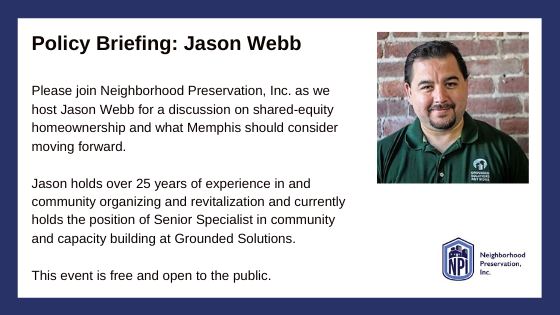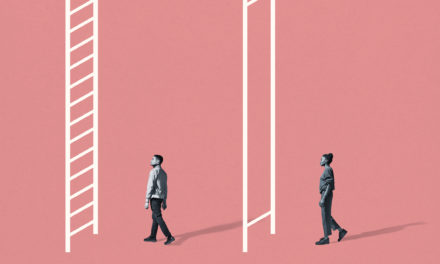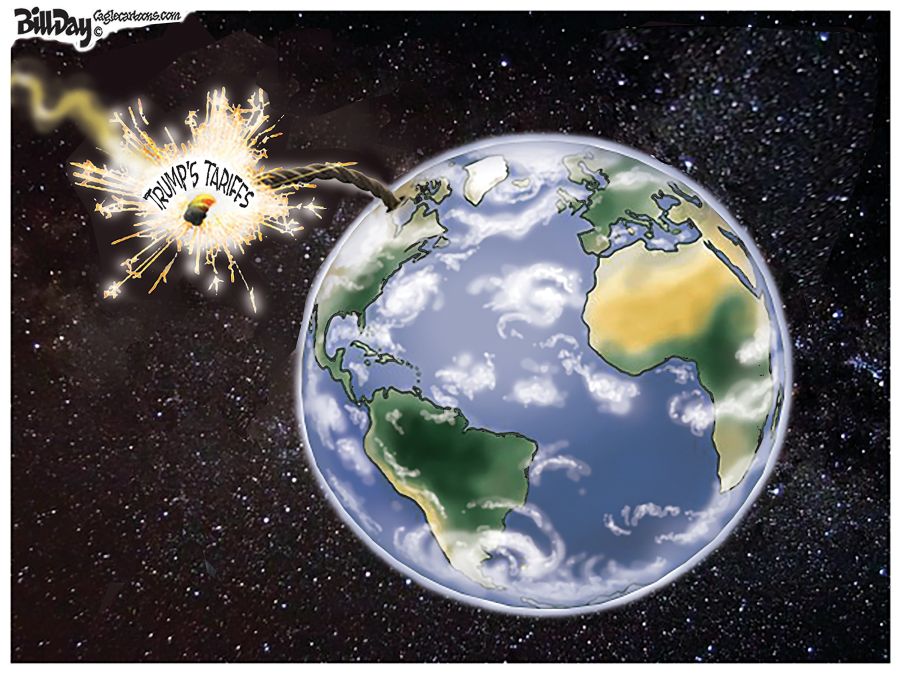It’s been said that when the economy sneezes, poor people catch pneumonia.
It’s the same diagnosis for a city with a high poverty rate. Memphis may be doing its best to cope with a bad case of walking pneumonia but the long-term cure will take a lot of time and medicine, not to mention a healthy dose of candor and realism.
At the end of July, the U.S. Commerce Bureau of Economic Analysis announced that the economy shrank more than originally thought during the 2007-2009 recession – 5.1 per cent rather than 4.1 per cent. Meanwhile, the Pew Research Center said that inflation-adjusted median net worth for African-American households fell 53 percent.
It’s a nexus that puts a target on Memphis’ economic back with a population that is 61 percent black and 24 percent living in poverty. As Black Business Association President Roby Williams said, there’s not much reason for optimism but there is reason for hope.
Existing companies have added more than 10,000 new employees in the past 18 months, the successful recruitment of Electrolux marks the first time in decades that a new company will create more than 2,000 jobs, and final details are being put on a new program by the Wharton Administration to create more African-American business growth.
Despite this, Mayor A C Wharton said on American Public Media’s Marketplace radio program, Memphis is gripped by some historical and chronic conditions that have to be resolved for a full economic turnaround.
It’s a statement born out by the facts. University of Memphis economist John Gnuschke said Memphis is “stuck in the gumbo” and has to concentrate on two things: attacking an unemployment rate hovering around 12% and addressing population trends that show that the movement of people, including African-Americans, out of Memphis is picking up speed.
U.S. Conference of Mayors predicted that Memphis will not return to pre-2007 levels until the first quarter of 2016, but unfortunately, between 2000-2007, the metro lost about 25,000 jobs. It’s no wonder the Brookings Institution said the Memphis MSA is one of 20 worst-performing metro areas in recovering from the recession.
The 2011 issue of the Urban Child Institute’s State of Children in Memphis and Shelby County concluded that poverty here is spreading and getting deeper. Because of it, there’s never been a more unequivocal mandate for Memphis to attack its single toughest challenge: breaking the link between race and poverty.
In other words, digging out of the economic hole left by the recession will require Memphians to do an awful lot of things right, at the same time, and to do them over an extended period of time. It’s unlikely that progress will come in bursts of success, but rather, it will come in incremental improvement, step after step.
One of the right things to do includes redoubling the focus on developing, keeping, and attracting 25-34 year-old, college-educated workers, a demographic responsible for about 60 percent of cities’ economic success. Of course, more people need vocational and associate degrees, but ultimately, the goal line is crossed by moving more and more people into a graduation line getting a college degree.
Another right thing is walking the walk about innovation and entrepreneurship, and in a region that’s majority non-white, the biggest opportunity to put more money in every cash register is to create more minority-owned businesses. Forbes, the magazine Memphis tends to obsess on when it comes to poor rankings, said Memphis is one of the top 12 best cities for minority entrepreneurship.
A recent study said that Memphis is the 22nd cheapest place to live in the U.S., and perhaps the cheap cost of living and the challenge of turning around a city could become a movement here just as it has been in New Orleans for young people looking to make a difference.
A research fellow at St. Jude Children’s Research Hospital expressed a sentiment worthy of a marketing campaign bumper sticker: “Memphis gave me the chance to quit living like a student.” Rather than renting an apartment with a couple of other people in Boston or Paris, he said Memphis allowed him to buy a house and become part of a neighborhood.
The most encouraging news of all is that Memphis is now attracting the help from organizations as varied as Bloomberg Philanthropies, Brookings Institution, and Obama White House’s Strong Cities program.
For the first time, Memphis is at the center of national discussions about better cities. Best of all, they move Memphis in the right economic direction as the long journey back begins in earnest.
Previously published in the September issue of Memphis magazine.





friend, there is ALWAYS a reason, and a good reason why one city is cheaper to live in than another……and there are a bunch of reasons why Memphis might be considered “cheap”…relatively speaking
some of the reasons are very negative, a few positive
others are simply “supply and demand”
some reasons are grounded in “trade offs”
most things are “cheap” because of lack of demand or desirability
most things are “expensive” because they are of better quality (perceived or real, doesn’t matter)
Good things sometimes fetch a “premium”
Houses on Fisher Island cost more than in Dadeland Mall area.
Harvard cost more than University of Memphis
Better grammar schools cost more money
Cambria is more expensive than Inglenook
BMW is more expensive than Suzuki
Housing in LaJolla is more expensive than freekin Olive Branch mississippi